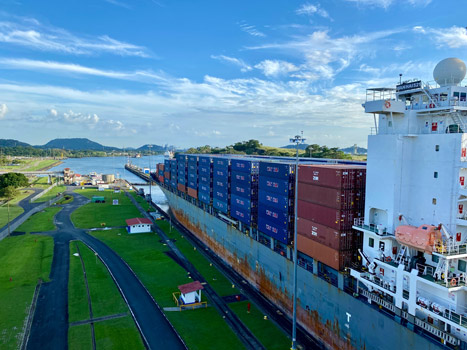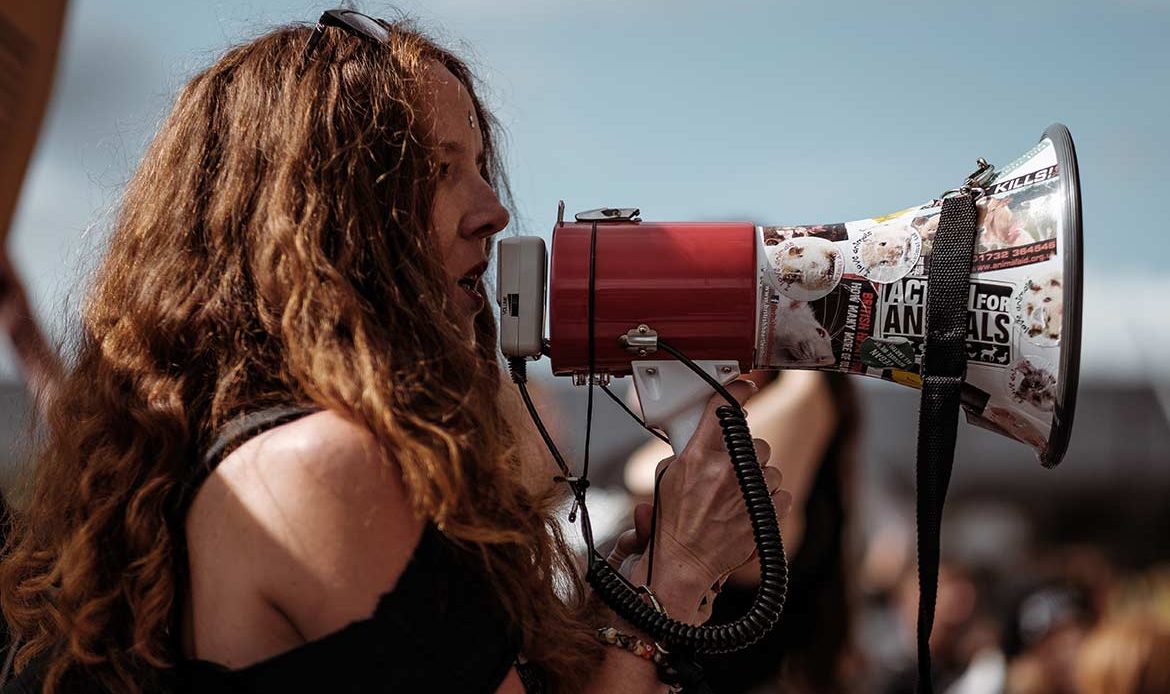In Panama, the legacy of road blocking protests has a history reaching back more than 100 years. These movements, rooted in the early 1900s, continue to shape the nation’s sociopolitical landscape today. Let’s review some of Panama’s protest history, exploring the impact of these demonstrations and leading up to the current and significant protests of the coper mining contract recently signed into law and being actively protested today.
Early Uprisings: 1912 and the Fight Against the Panama Canal
One of the earliest recorded instances of road blocking protests in Panama took place in 1912. Largely forgotten as we see the economic power the Panama Canal has bestowed on Panama, the actual building of the canal caused deep concern among communities in Panama. Indigenous communities rallied to block the Pan-American Highway in protest against the construction of the now Iconic Panama Canal. Their struggle marked the birth of a resistance that would persist through the decades, united by a common desire for change.

The 1960s and 1970s: Students and Workers Unite for Reform
The 1960s and 1970s saw a resurgence of road blocking protests in Panama. This time, it was students and workers who took to the streets, demanding social and economic reforms. They used road blockades as a powerful means of expressing their grievances, forging a tradition of activism that would endure.
Recent Road Blockades: A Force to Be Reckoned With
In more recent times, road blocking protests have become increasingly common in Panama. In 2022, citizens mobilized to challenge the rising fuel prices and the looming cost of living crisis. Their determined stance resulted in widespread road closures and blockades that lasted for over a month. Fresh vegetables and other staples became increasingly sparse in city supermarkets and economic activity was curtailed for much of the month. Ultimately, the government bowed to the will of the people, agreeing to concessions such as a freeze on fuel prices, with the government providing discounts at the pump for fuel, and price caps on essential goods, making it easier for people to purchase the staples needed at more affordable prices.
Effectiveness and Consequences of Road Blocking Protests
The history of road blocking protests in Panama paints a complex picture of effectiveness and consequences. While these demonstrations have compelled the government to make vital concessions, such as the withdrawal of a proposed privatization of the Panamanian water company in 2006 and sweeping reforms in 2014 to address corruption and economic inequality, they have also disrupted commerce and sometimes led to violence between protesters and security forces. It’s not uncommon during protests to see open air fires or smoke bombs exploding. Criminal groups have even exploited these protests to extort money from businesses, demonstrating the dual-edged nature of this form of activism. The dual impact of protest has led to intense support as well as exasperation.
Expats often struggle to understand the nature of the protests, or their consequences, with many grieved at the inconvenience caused. They worry about violence and disruption. However, while wildly disruptive at times, the violence is usually localized, and police closely monitor the protests to ensure they don’t get out of hand.
Current Protests: Challenging Mining Contracts in Panama
Fast forward to October 23, 2023, and Panama once again finds itself at the epicenter of a significant protest movement. Across the country, streets are blocked, and people march in Panama City to demand the government rescind a contract with Canadian mining company First Quantum. This contract grants the company a 20-year extension to operate a massive open-pit copper mine in central Panama.
Signed on October 21, the contract was approved by the Panamanian Congress and is valued at a staggering $375 million annually, more than ten times the previous agreement. Nevertheless, protesters contend that the contract is unjust and poses a substantial threat to Panama’s environment and water resources.
The mine, managed by First Quantum’s local subsidiary, Minera Panama, is located in the biodiverse region of Colón, inhabited by indigenous communities and vital water sources. Concerns are mounting that the mine could contaminate rivers and groundwater, devastate forests, and disrupt other natural habitats.
This protest movement is led by a coalition of environmental groups, indigenous communities, and labor unions, united in their demand for the government to cancel the contract with First Quantum. They also seek to develop a new, environmentally sustainable mining policy that benefits the Panamanian people.
Although the government has expressed willingness to negotiate with the protesters, the demonstrators stand resolute, refusing to back down until their demands are met.
The protests in Panama serve as a poignant reminder of the global tension between mining companies and local communities. As the demand for minerals surges, mining firms increasingly expand into remote and sensitive areas, prompting a growing wave of protests from communities concerned about the environmental and social repercussions of mining.
What this means for Expats and Travelers
Expats and travelers often worry about the consequences of the protests. They fear violence and are often dismayed at the disruptions. Often expats don’t understand how thoroughly the blockages shut down roads and travel. It’s important to note that when protests and blockages occur, travelers and Expats must plan accordingly. This can mean the cancellation of appointments or meetings. For travelers, it can lead to difficulties getting to the airports. The government and news outlets are diligent in providing protest information in advance. If you have flights or other appointments, it’s important to replan your trip and strategy to ensure you do not miss flights or become ensnarled in stopped traffic.
Conclusion
With the current protests, it’s impossible to know what the results will be. Panama’s history of road blocking protests shows the resolve and resilience of the Panamanian people and their unwavering commitment to social and environmental justice. In the face of ongoing challenges, they continue to show that shining a spotlight on an issue can deliver results while showing that progress is achievable. Compromise, in some form, moves the trajectory of history and change forward. Stay updated on those topics by reviewing our blog at: https://expat-tations.com or download our apps for IOS / IPHONE / IPAD or ANDROID



